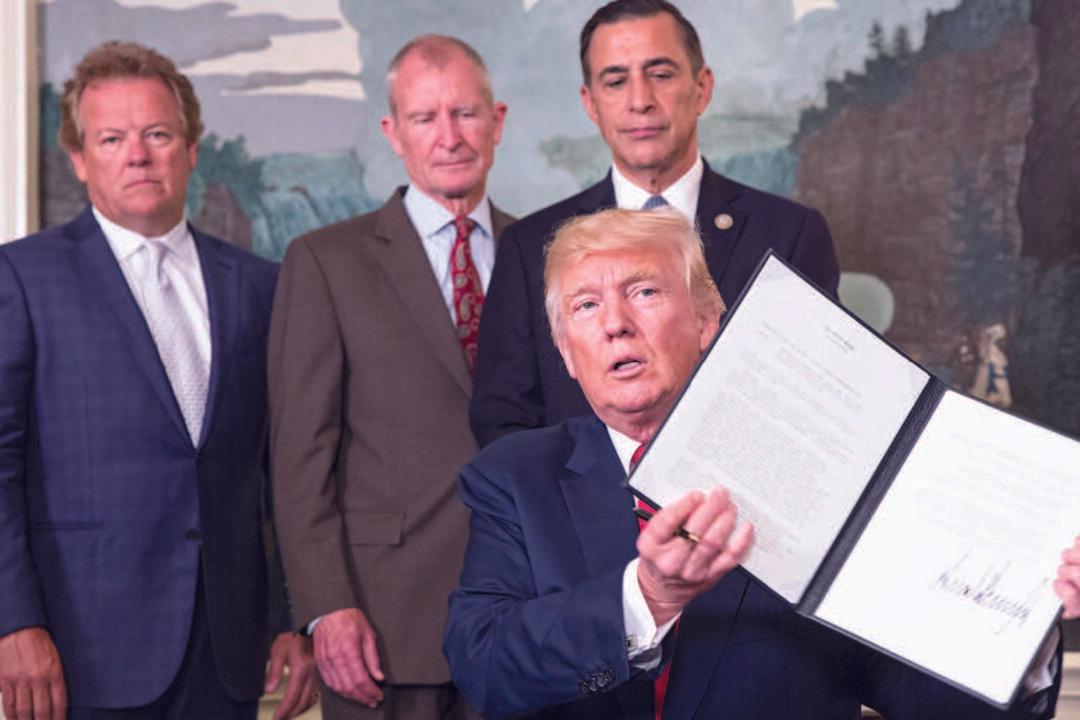The United States, Japan, and the European Union are considering filing a joint case against China at the World Trade Organization (WTO) over Chinese regulations that force foreign firms doing business there to transfer their tech innovations to domestic companies, according to Japanese newspaper Yomiuri Shimbun.
The three entities began discussing ways to curb China’s policies in January, and are preparing to file a case as early as March, the Yomiuri Shimbun reported on Feb. 15.





